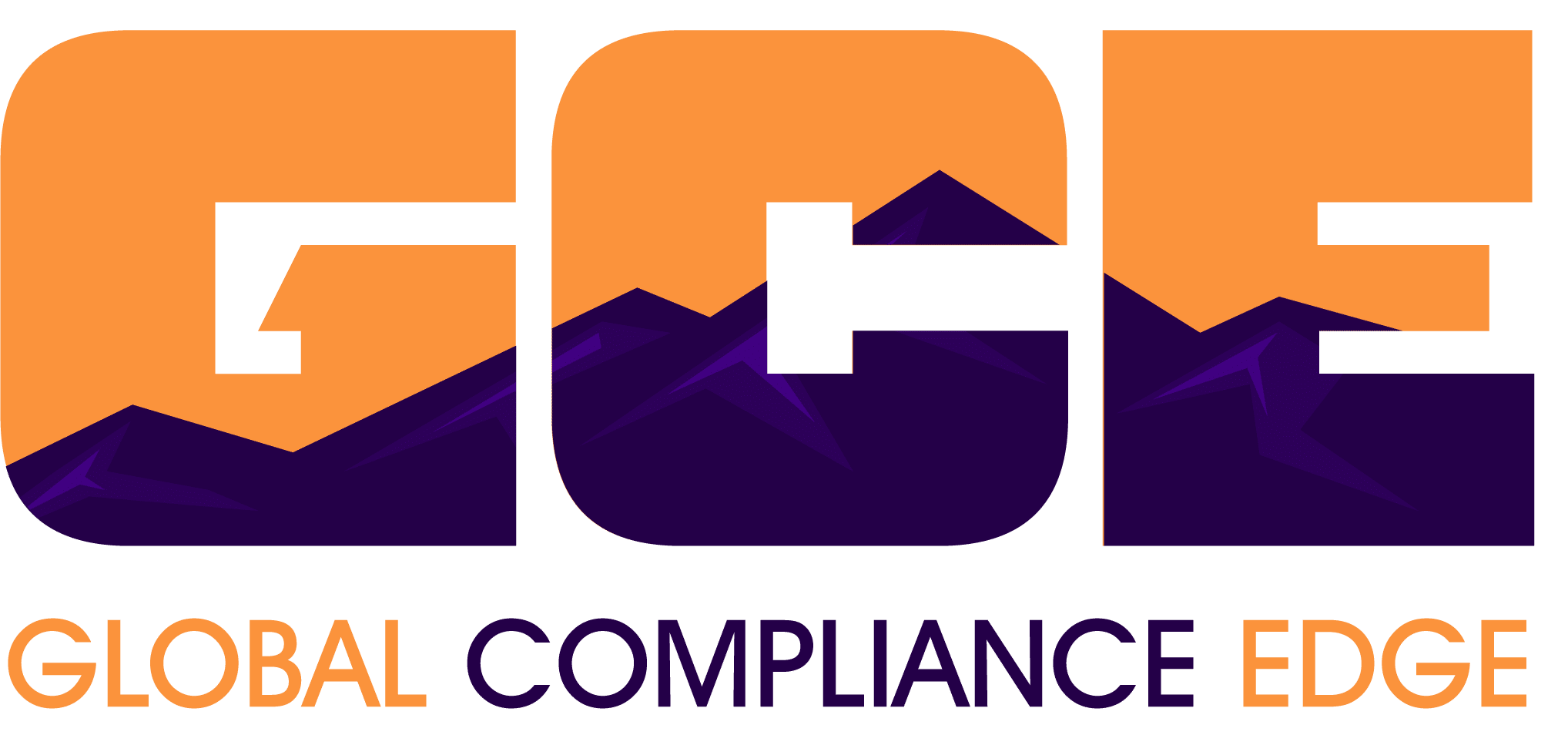Market Misconduct Case: China Forestry’s Leadership Sanctioned
On 28 November 2024, the Market Misconduct Tribunal (MMT) sanctioned the former CEO and chairman of China Forestry Holdings Company Limited for insider dealing and false disclosures.
Key Penalties
- Disgorgement: HK$353.43 million, representing avoided losses, plus compound interest.
- Disqualification: 5-year ban on acting as directors or managing any corporation in Hong Kong.
- Cold Shoulder: 5-year prohibition on trading securities or related investments.
- Cease and Desist: Prohibition against future market misconduct.
- Cost Orders: Payment of government and SFC costs.
China Forestry’s irregularities came to light in 2011, leading to a trading suspension, eventual liquidation in 2015, and delisting in 2017.
This case underscores the consequences of market misconduct. Regulatory bodies like the MMT and SFC remain vigilant in enforcing compliance, reinforcing the importance of transparency, ethical behaviour, and accountability in financial markets.
To access the original regulatory reference click here
Hong Kong Launches Voluntary Code of Conduct for ESG Ratings and Data Providers
On 29 November 2024, the Securities and Futures Commission (SFC) hosted an industry-backed event to launch Hong Kong’s Voluntary Code of Conduct (VCoC) for ESG ratings and data product providers. The initiative attracted over 200 financial industry participants, signalling strong support for improving ESG information quality and transparency.
Key Highlights
Launched on 3 October 2024, the Voluntary Code of Conduct (VCoC) aims to enhance the credibility and accessibility of ESG ratings in Hong Kong. Already, five ESG ratings providers—both local and international—have committed to signing the VCoC, signaling strong industry support.
SFC CEO Julia Leung encouraged ESG ratings providers to adopt the VCoC, emphasising its role as a due diligence framework for asset managers. Earlier this week, the SFC issued regulatory guidance to assist asset managers in assessing third-party ESG data providers, further reinforcing its commitment to robust ESG practices.
The launch event, hosted by Bloomberg, featured remarks from Jean-Paul Servais, Chairman of the International Organisation of Securities Commissions (IOSCO). Key stakeholders, including representatives from the International Capital Market Association (ICMA) and asset managers, joined to explore the practical applications and benefits of the VCoC.
Why It Matters
The VCoC represents a significant step towards enhancing ESG information reliability in Hong Kong’s financial markets. By promoting higher standards, the SFC aims to boost investor confidence, align with global ESG priorities, and steer capital towards sustainable investments in support of Hong Kong’s net zero and sustainable development goals.
To access the original regulatory reference click here
SFC Circular on Due Diligence for ESG Service Providers
Key Guidance for Asset Managers (25 November 2024)
The SFC has issued guidance for asset managers engaging third-party ESG ratings and data products providers. The focus is on ensuring data quality, transparency, and effective conflict-of-interest management.
Regulatory Expectations
Asset managers must:
- Conduct reasonable due diligence and ongoing assessments to understand ESG products, including:
- Sources and timeliness of information.
- Methodologies and criteria applied.
- Limitations and intended use of ESG products.
- Demonstrate compliance with these expectations.
Reference to Voluntary Code of Conduct (VCoC)
- Asset managers may use the VCoC for ESG Ratings and Data Products Providers as a benchmark during due diligence and ongoing assessments.
- The VCoC offers principles on governance, transparency, systems, controls, and conflict-of-interest management.
- Self-attestation documents from VCoC signatories can facilitate the due diligence process.
Proportionate Approach
- The level of due diligence should align with the ESG product’s impact on the asset manager’s investment and risk management processes.
- Group resources may be used for due diligence, provided they meet or exceed SFC standards.
Applicability
The guidance applies to asset managers conducting Type 9 regulated activities with discretion over investment decisions, regardless of whether the funds are SFC-authorised.
Takeaway
Asset managers should integrate robust due diligence frameworks for ESG service providers to ensure compliance with SFC requirements and enhance the reliability of ESG-related data in their investment processes. The VCoC provides a valuable tool to guide this process, reinforcing transparency and accountability in ESG investments.
To access the original regulatory reference click here
Insights from the SFC’s AML/CFT Webinar
The SFC recently hosted an AML/CFT Webinar, with presentation materials now available online. These resources offer actionable insights into improving anti-money laundering and counter-financing of terrorism practices across financial institutions.
Key Topics Covered
Regtech in AML
- Practical applications of Regtech in name screening, customer due diligence, and transaction monitoring.
- Benefits like efficiency and risk mitigation using tools like robotic process automation (RPA) and artificial intelligence (AI).
Challenges
- Addressing barriers such as data quality and organizational buy-in.
Compliance Focus
- Importance of leveraging technology to enhance AML compliance and reduce ML/TF risks.
Access the full webinar materials for in-depth guidance and best practices here.
To access the original regulatory reference click here
Update on OTC Derivatives Clearing and Record-Keeping Rules
On 6 December 2024, the SFC announced a revised list of financial services providers (FSPs) designated under the OTC Derivative Transactions—Clearing and Record Keeping Obligations and Designation of Central Counterparties Rules. These changes will take effect on 1 January 2025.
Key Points:
Clearing Threshold:
- If an entity’s average OTC derivatives position exceeds USD 20 billion during a Calculation Period (three months), transactions from the corresponding Prescribed Day (seven months later) must be centrally cleared.
Impact on Licensed Persons:
- Obligations apply to all relevant transactions, including those involving FSPs.
For further details, review the updated Clearing Rules and the SFC’s FAQ on the Mandatory Clearing Regime.
To access the original regulatory reference click here
SFC and HKMA Launch 2024 Joint Product Survey
The SFC and the Hong Kong Monetary Authority (HKMA) have launched their annual survey on the sale of non-exchange-traded investment products. This initiative aims to collect data on selling practices and market trends to improve oversight and address key industry concerns.
Survey Scope
- Focuses on sales of products like collective investment schemes, debt securities, and structured products to retail and non-institutional clients.
- Reporting intermediaries include licensed corporations (LCs) and registered institutions (RIs) conducting Type 1 or Type 4 activities.
Reporting Requirements
- Part A: General information (all intermediaries).
- Part B: Selling activity details for those with qualifying sales.
- Part C: For LCs with sales over HK$1 billion or RIs exceeding HK$30 billion.
Submission Deadlines
- Part A only: 17 January 2025
- Parts A and B: 21 February 2025
- Parts A, B, and C: 7 March 2025
For more information and to access the questionnaire, visit WINGS.
To access the original regulatory reference click here


